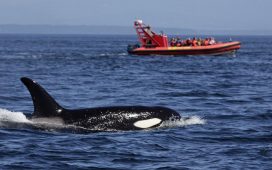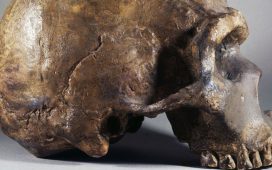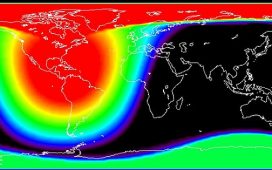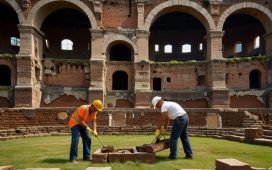Scientists have long been intrigued by the geology of Brazil’s volcanic Trindade Island, but recent discoveries of plastic rocks in this remote turtle habitat have raised concerns.
COMMERCIAL BREAK
SCROLL TO CONTINUE READING
On the island, situated almost 1,140 kilometres (708 miles) from the state of Espirito Santo in the southeast, melted plastic has interwoven itself with rocks, which geologists say is proof of humans’ growing influence over the earth’s geological cycles.
“This is new and terrifying at the same time, because pollution has reached geology,” said Fernanda Avelar Santos, a geologist at the Federal University of Parana, who spoke to Reuters.
Santos and her team performed chemical tests to determine the type of plastics found in the “plastiglomerates,” which are rocks composed of a mixture of sedimentary granules and other debris held together by plastic.
“We identified [the pollution] mainly comes from fishing nets, which is very common debris on Trinidade Island’s beaches,” Santos said. “The [nets] are dragged by the marine currents and accumulate on the beach. When the temperature rises, this plastic melts and becomes embedded with the beach’s natural material.”
ALSO READ | Study suggests high caffeine levels may reduce risk of type 2 diabetes
The green turtle, Chelonia mydas, is one of the most endangered species in the world, and every year, thousands of them come to lay their eggs on Trindade Island. The Brazilian navy, which keeps a base on the island and guards the turtle nests, is the only human population on Trindade.
“The place where we found these samples [of plastic] is a permanently preserved area in Brazil, near the place green turtles lay their eggs,” Santos said.
Santos claims that the discovery raises concerns about the impact of humans on the environment.
ALSO READ | Japanese astronomer captures meteor crashing into moon
“We talk so much about the Anthropocene, and this is it,” Santos told Reuters, referring to a proposed geological epoch defined by humans’ impact on the planet’s geology and ecosystems.
“The pollution, the garbage in the sea and the plastic dumped incorrectly in the oceans is becoming geological material … preserved in the earth’s geological records,” she added.
(With puts from agencies)
WATCH WION LIVE HERE:











